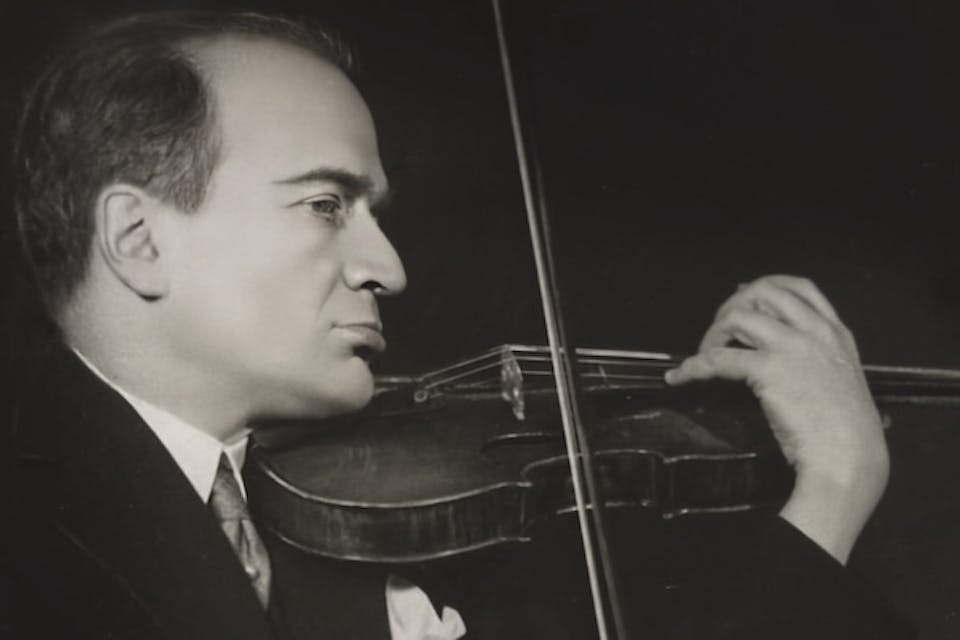
November 16, 2025
A Death-Defying Orchestra
A performance by the Israel Philharmonic Orchestra in Paris was a moment of cultural courage and an embodiment of the miracle of Jewish history.
It was a cultural and musical moment that deserves to be remembered. On Thursday evening, November 6, the Israel Philharmonic Orchestra performed in Paris. Suddenly, several members of the audience deliberately disrupted the concert, setting off enormous flares. One might have expected, at that moment, that the rest of the event would be cancelled. The Israeli musicians, however, were undeterred, and the music continued. The concert concluded, in a striking and stirring scene that must be viewed online, with every member of the orchestra rising to his feet, and simultaneously launching into Israel’s national anthem, “Hatikvah,” as the audience, in unison, rose as well and launched into applause.
This is more than a story of cultural courage; it is an embodiment of the miracle that is modern Jewish history itself. In order to understand why this is so, one must return to the tale of this philharmonic’s founding—and the man who brought it into being.
The story is told in a 2012 documentary titled Orchestra of Exiles, which centers on a man by the name of Bronislaw Huberman. A Jew born in Poland, Huberman was immediately recognized as a musical prodigy and, as a young man, was gifted a Stradivarius by a Polish count. It was in 1929 that Huberman, an ardent Zionist, was suddenly seized by what might seem a musical vision: He would recruit gifted Jewish musicians from across Europe to move to the Holy Land, thereby bestowing on the pioneers a cultural institution of their own.